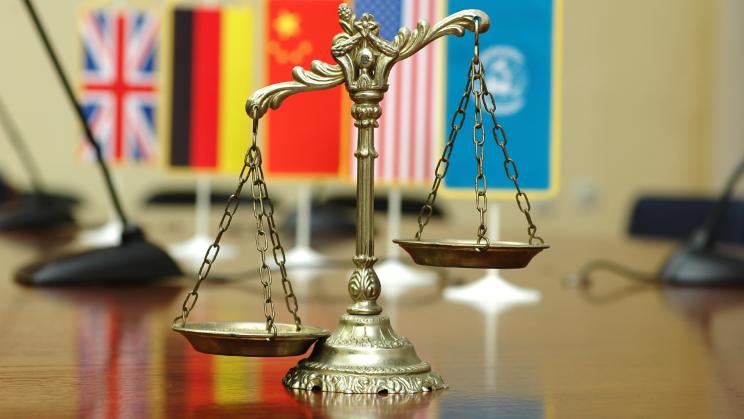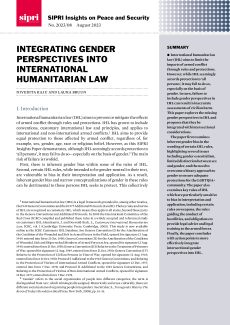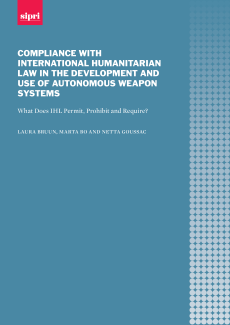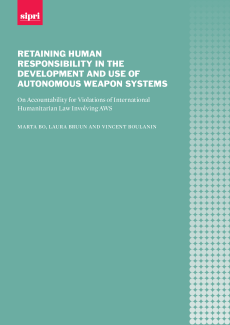Emerging technologies and international humanitarian law
While technology determines how wars can be fought, international humanitarian law (IHL) determines how wars should be fought. Any new technology of warfare must be used in compliance with IHL. Some technological developments may, however, raise challenges in terms of how the rules of IHL should be interpreted and applied.
This initiative aims to increase the understanding of how IHL applies to new military technologies and the limits IHL may place on the development and use of such, and how these limits are interpreted and applied by states.
SIPRI explores themes such as (a) how to conduct legal reviews of new weapons, means and methods of warfare that are based on emerging technologies; (b) how the introduction of new technologies affects the user’s ability to comply with cardinal principles of IHL, including the principles of distinction, proportionality and precaution; and (c) how accountability frameworks apply in case of incidents that may count as IHL violations.










